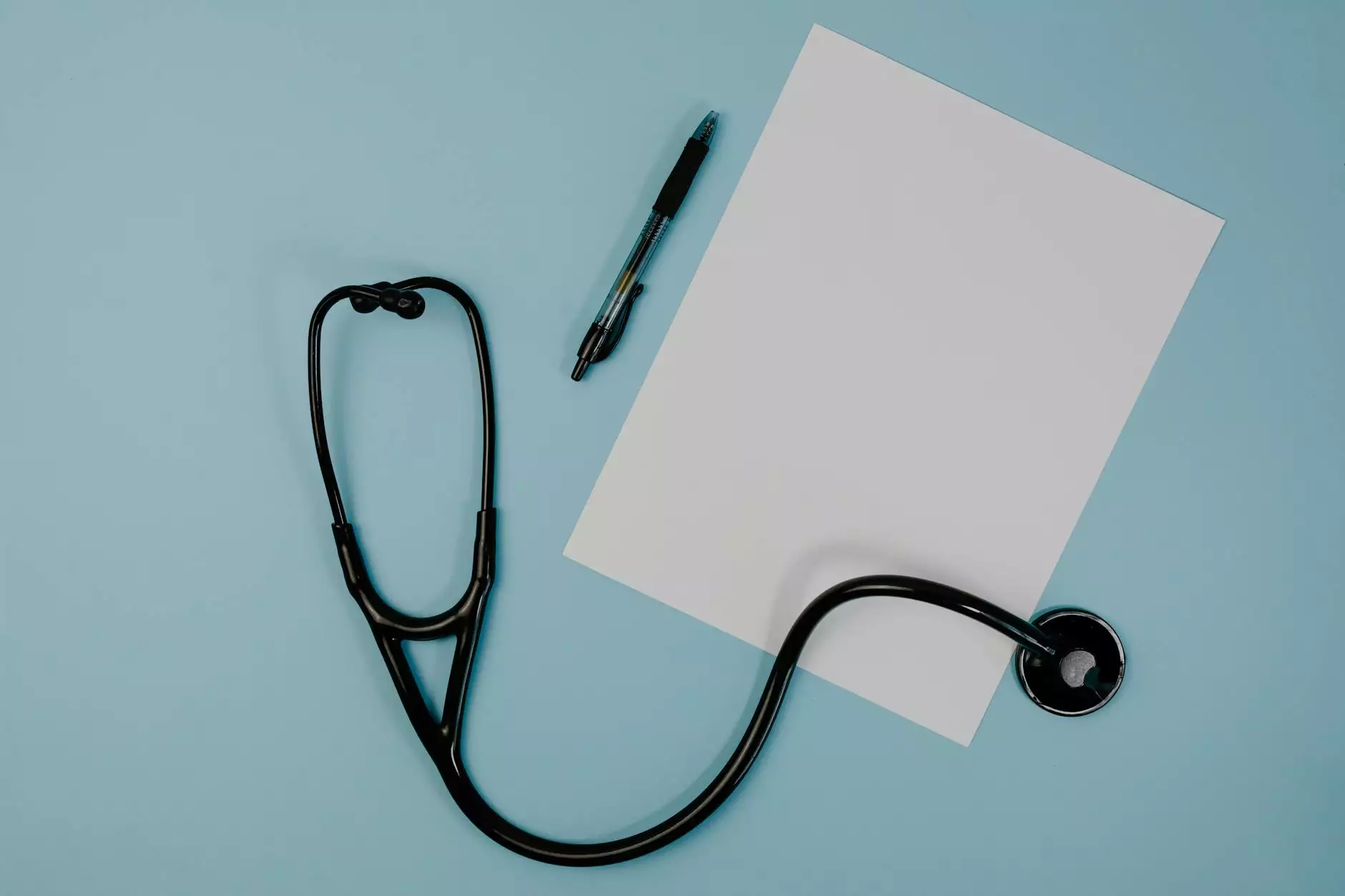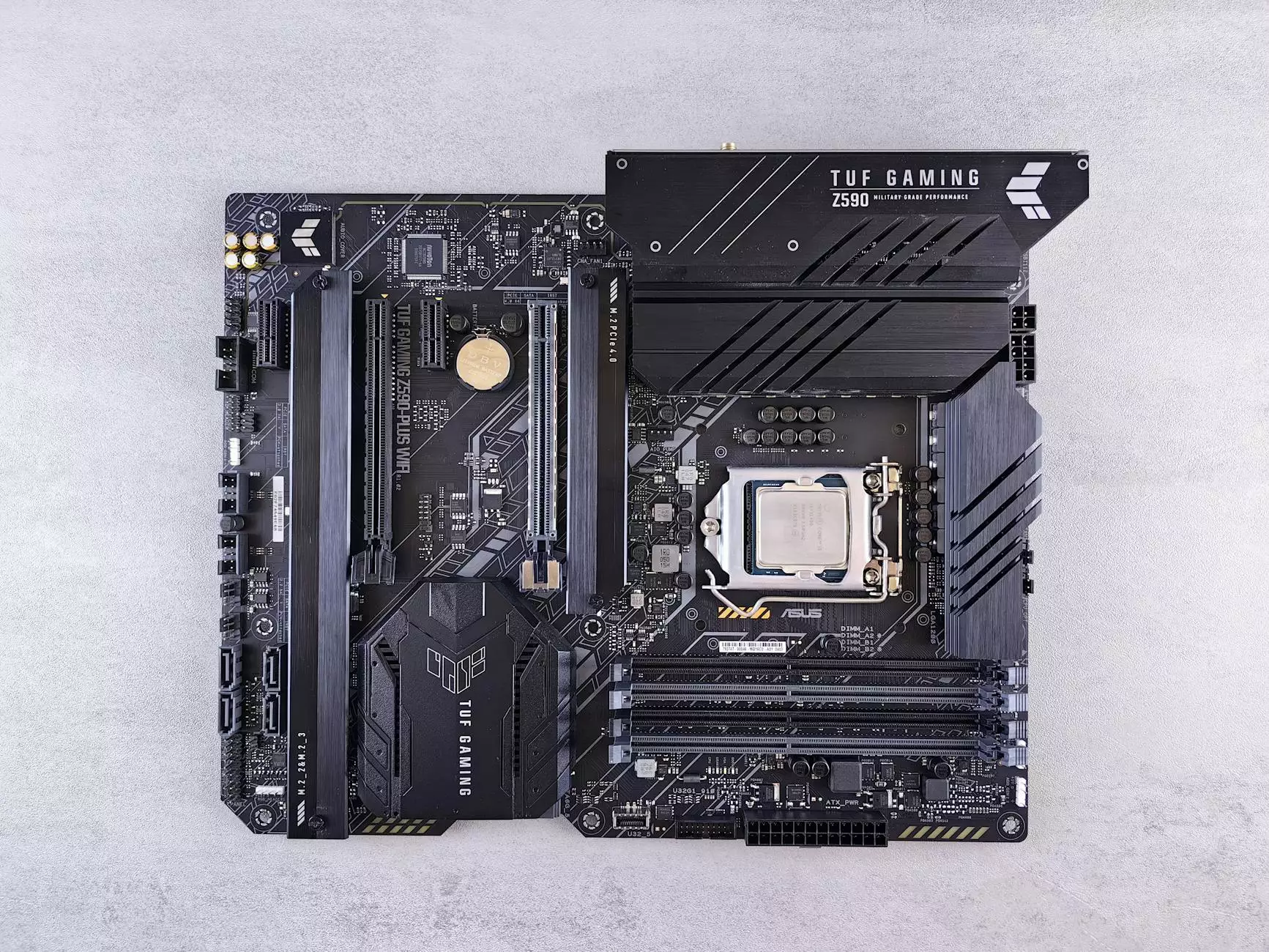Understanding the Role of a Lung Doctor in Health and Wellness

The importance of respiratory health cannot be overstated, and the expertise of a lung doctor is critical in ensuring that individuals maintain optimal wellness. As specialists in the field of pulmonology, these medical professionals play a crucial role in diagnosing, treating, and managing various lung-related conditions. This article will delve into the many aspects of pulmonary health, the responsibilities of a lung doctor, and why seeking their expertise can greatly enhance your quality of life.
What is a Lung Doctor?
A lung doctor, formally known as a pulmonologist, is a physician who specializes in diagnosing and treating disorders of the lungs and respiratory system. This specialty encompasses a wide range of conditions, including asthma, chronic obstructive pulmonary disease (COPD), lung infections, and more. The knowledge and techniques employed by lung doctors are essential for patient care and public health.
The Importance of Pulmonary Health
Respiratory health is a cornerstone of overall well-being. The lungs are essential for delivering oxygen to the bloodstream and removing carbon dioxide, a waste product. Poor lung health can lead to various complications that significantly impact quality of life. Here are some key reasons why pulmonary health is crucial:
- Oxygen Supply: The lungs are responsible for oxygenating the blood, which is vital for every organ in the body.
- Infection Protection: Healthy lungs help protect against respiratory infections and other diseases.
- Physical Performance: Good lung function is essential for physical activities and endurance.
- Chronic Condition Management: Effective management of chronic respiratory conditions like asthma can reduce hospital visits and improve life quality.
Common Conditions Treated by a Lung Doctor
A lung doctor has extensive training to manage various conditions that affect respiratory health. Some of the most common conditions they treat include:
1. Asthma
A chronic condition characterized by inflammation of the airways, asthma can lead to wheezing, breathlessness, and tightness in the chest. Lung doctors employ a variety of medications and treatment plans to help manage asthma symptoms effectively.
2. Chronic Obstructive Pulmonary Disease (COPD)
COPD is a progressive lung disease that includes emphysema and chronic bronchitis. It is essential for lung doctors to educate patients on lifestyle changes, medication adherence, and pulmonary rehabilitation to slow the disease's progression.
3. Lung Infections
Infections such as pneumonia and tuberculosis require immediate attention from a lung doctor, who can diagnose the condition and recommend the necessary treatments to support recovery.
4. Lung Cancer
Lung cancer is one of the most serious conditions a lung doctor may encounter. Early diagnosis is key in treating this disease, and specialists often work closely with oncologists for comprehensive care.
The Role of a Lung Doctor in Diagnosis
Accurate diagnosis is fundamental to effective treatment. A lung doctor employs various diagnostic tools to assess lung function and determine the presence of diseases.
Diagnostic Tools and Tests
The following are common diagnostic tests performed by lung doctors:
- Pulmonary Function Tests (PFTs): These tests measure lung capacity and functionality.
- Chest X-rays: Used to visualize the lungs and detect abnormalities.
- CT Scans: Provide more detailed images of the lungs and help identify tumors or infections.
- Bronchoscopy: A procedure that allows doctors to look directly at the airways using a thin tube with a camera.
- Sputum Tests: Analyze mucus to identify infections or diseases.
Treatment Approaches Adopted by Lung Doctors
Once a diagnosis is established, a lung doctor will develop a tailored treatment plan that may include the following:
Medication Management
Medications play a pivotal role in managing respiratory conditions. From bronchodilators to steroids, these medications can help reduce inflammation and improve lung function.
Smoking Cessation Programs
As smoking is a major risk factor for many lung diseases, lung doctors often provide resources and support for patients looking to quit smoking.
Rehabilitation Programs
Pulmonary rehabilitation programs are designed to improve the physical and emotional well-being of patients with chronic lung conditions. These programs typically involve exercise training, nutritional counseling, and education.
When to Consult a Lung Doctor
It’s essential for individuals to recognize when it's necessary to seek the guidance of a lung doctor. Some signs that you should consult a pulmonologist include:
- Persistent cough lasting more than a week
- Shortness of breath during regular activities
- Wheezing or noisy breathing
- Frequent respiratory infections
- Chest pain or discomfort
Conclusion: The Value of a Lung Doctor
In conclusion, the role of a lung doctor is indispensable in maintaining and enhancing respiratory health. Their specialized knowledge enables them to provide comprehensive care for patients suffering from various pulmonary conditions. By understanding the importance of lung health and recognizing the signs that indicate a need for medical attention, individuals can take proactive steps towards achieving better health outcomes.
By investing time in your respiratory wellness and collaborating with skilled professionals at places like HelloPhysio.sg, you can greatly improve your quality of life and respiratory function. Don’t hesitate to reach out for a consultation with a lung doctor if you experience any concerning symptoms. Your lungs deserve the best care possible!









